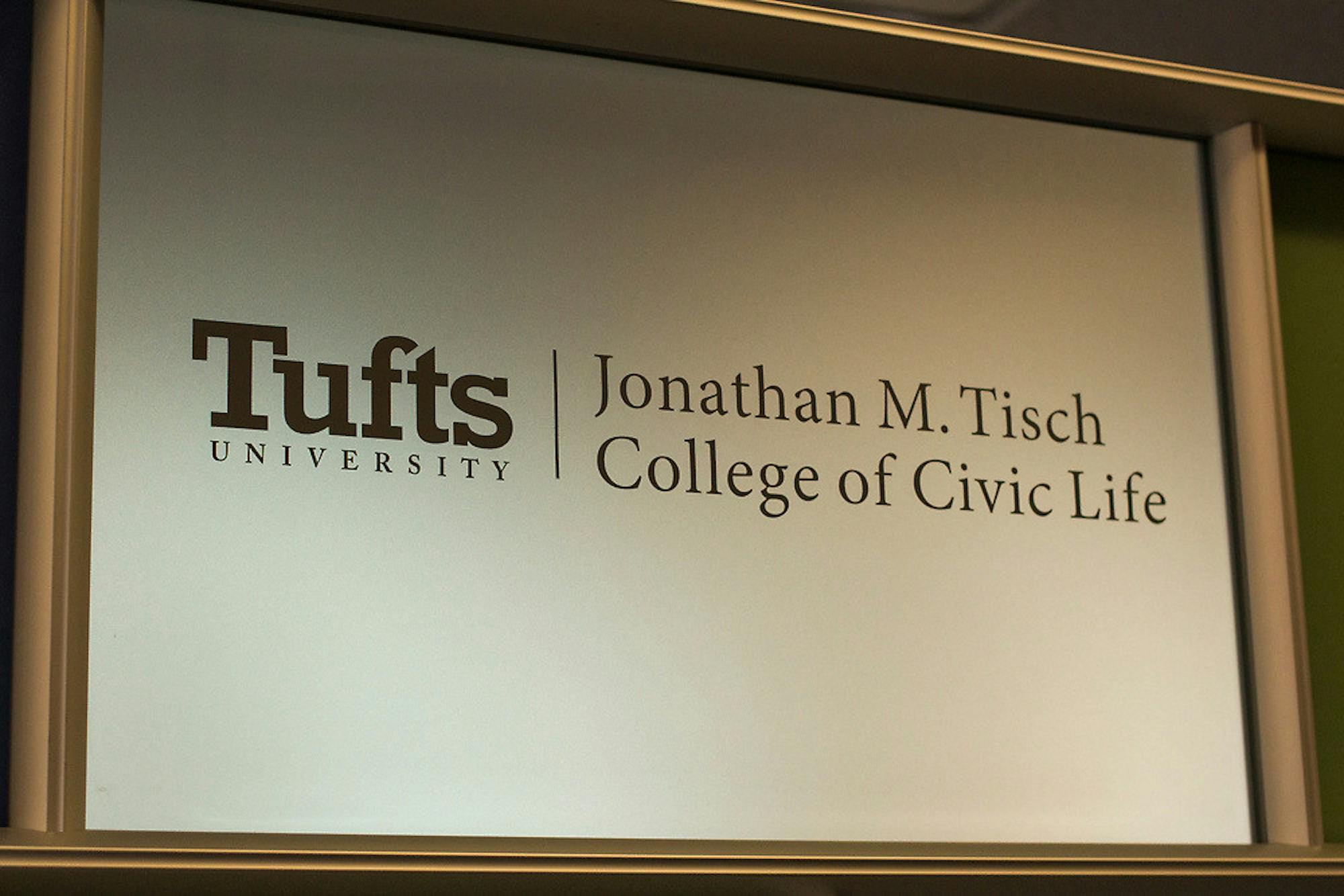The Jonathan M. Tisch College of Civic Life hosted its first Civic Life Lunch of the semester on Feb. 4 featuring Bernard Fraga, a political science professor at Indiana University and author of "The Turnout Gap: Race, Ethnicity, and Political Inequality in a Diversifying America."
Fraga said that he has been working on research connected to the voter gap for several years, beginning with the research for his dissertation.
“I think it is really pointing to an important trend and feature of American elections today,” Fraga explained.
Fraga said that in light of the unprecedented results of the 2016 United States presidential election, it is important to look at the number of people who vote.
Most of the time, surveys are used to represent the number of citizens who actually vote; however, respondents are more likely to report voting on a survey even if they did not actually vote in the election, according to Fraga.
Fraga uses a database called Catalist to look at the number of eligible people who choose to vote. Some surveys report that 80 to 90 percent of eligible voters actually vote; however, the real data reveals that about 60 percent of eligible Americans vote in the presidential elections, and about 40 percent in the midterms, Fraga said.
Voter-file based modeling also helps Fraga to look at the many disparities that exist within the population of voters. In his book, he hopes to address the question of why there are racial and ethnic differences in voter turnout.
Fraga attributes this disparity to a lack of political mobilization for minority groups.
“When a group has more influence in the electoral process, they are more likely to vote,” he said.
This statement holds true in districts that have a majority-white voting population and districts with a majority minority population. Because the majority of voting districts are driven by white voters, their voter turnout is typically high because their needs are met, according to Fraga.
Fraga has discovered that the racial turnout gap is greatly decreased, and sometimes even reversed, for voting districts with a nonwhite voting majority. In districts where there is a majority African-American voting population, voter mobilization efforts differ from those in the rest of the country, according to Fraga.
For example, there is an effort in Florida to mobilize African-American voters called Souls to the Polls, where African-American voters can vote in elections after attending church.
He said that these mobilization efforts work in other minority communities as well.
"In heavily Latino districts, the turnout gap is cut in half,” Fraga said.
Meghan O’Brien, a sophomore, chose to come to this event because of her interest in elections, and electoral reforms in particular. She connected Fraga's research with her own work at a nonprofit in Boston, where she helps to look at policies that can be made to encourage more eligible people to vote.
“I thought specifically his counter-factual that he presented, where he showed if voters of color had the same turnout rates as white people and what the differences would be, was especially striking,” she said.
Peter de Guzman, the coordinator of JumboVote and student outreach coordinator for Tisch College, said the event was a collaboration between the organizations.
"This event was born out of a focus of JumboVote and Tisch College to center race more because it is such an integral impact on political life and voting," de Guzman said.
It is part of a series at Tisch College called the Civic Life Lunches, where speakers are brought to Tufts in an informal setting for a presentation and discussion afterward. This informal setting allows time for questions following the speaker and differs from other formal events that Tisch College holds, such as their Distinguished Speaker Series events, according to de Guzman.
Fraga said that encouraging voting will not necessarily change an election outcome.
"There is not a difference in what people want; it’s a difference in who shows up," he said. “We spend a lot of time disparaging individuals who don’t turn out to vote.”
He recommended looking into the reasons why these individuals choose not to vote and identifying certain hurdles, rather than attacking these individuals for not doing their civic duty.
“Focusing on voter engagement instead of voter suppression might be more of a solution,” Fraga said.
Bernard Fraga discusses race, turnout gap at Tisch College Civic Life Lunch

The inside wall of Tisch College is pictured on Feb 13, 2018.





